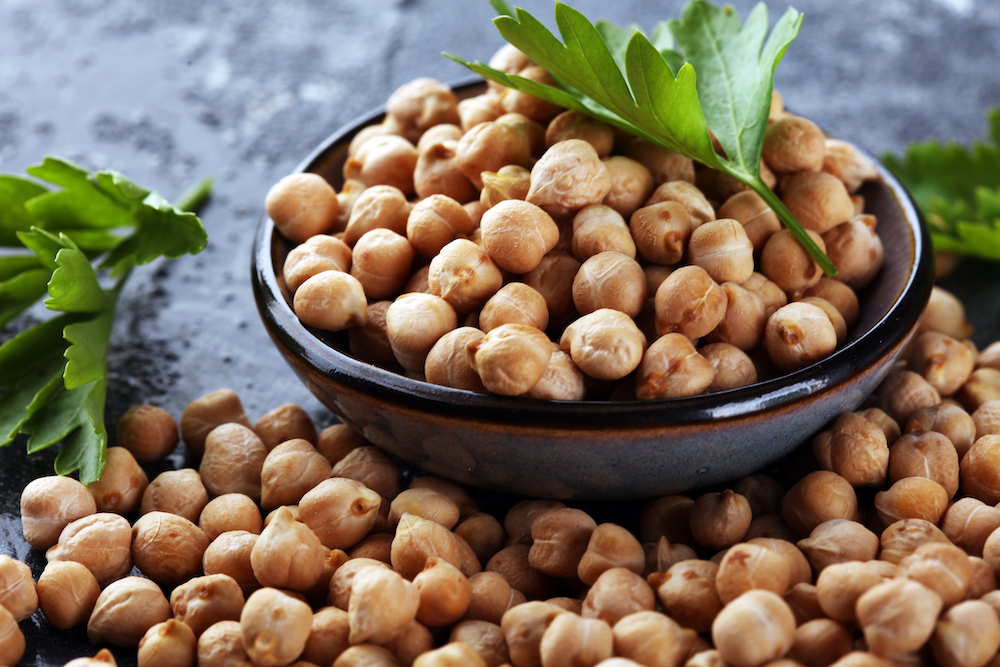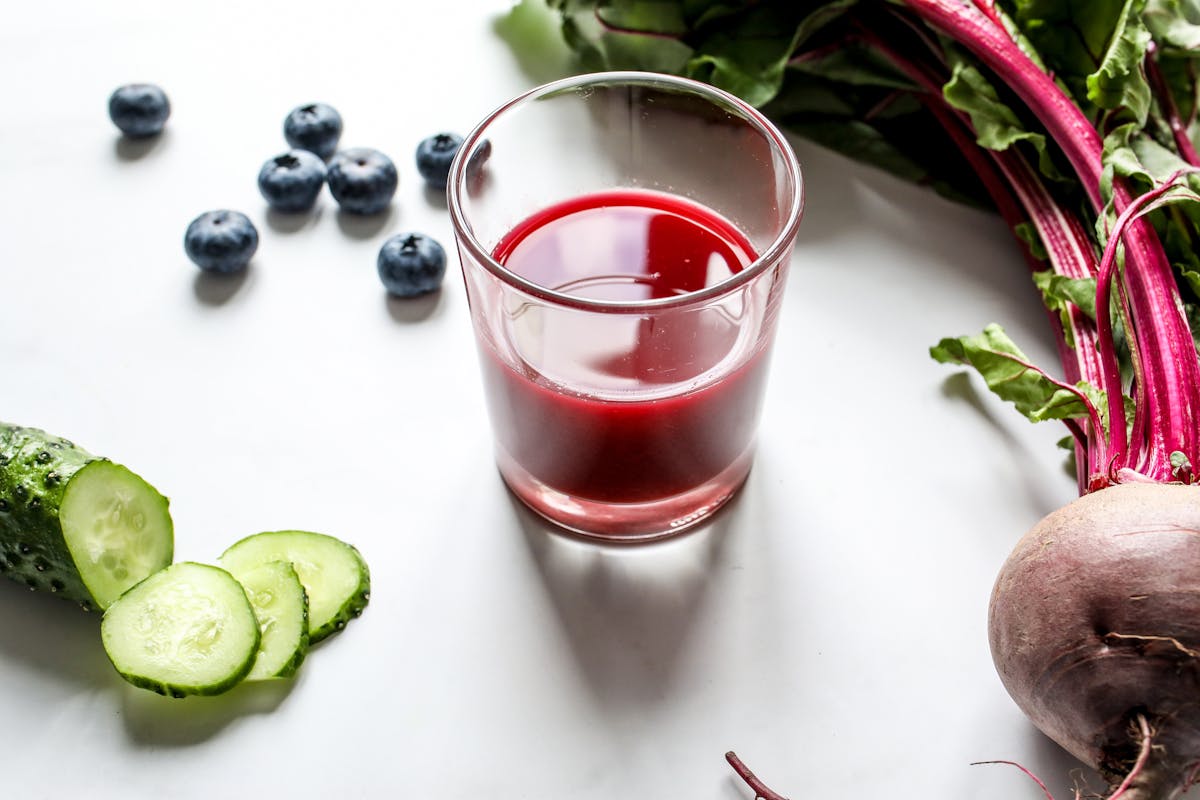
Inexpensive food you should eat at least once a week: Great for the stomach, lowers cholesterol and strengthens bones
Chickpeas are a superfood back in fashion! Here's why they're so good for your health...
For years, chickpeas were tucked away in the back of kitchen cabinets – brought out only when we needed to thicken a soup or add them to a dish “for the fiber” that was supposedly “good for us.”
Today, the situation is completely different. Chickpeas have experienced a real renaissance and are now the "star" among plant-based sources of protein.
Chickpeas are used to make creamy hummus, are a favorite snack, and are even added to desserts.
Why have chickpeas become so sought after? Experts highlight three main reasons. The first is the growing interest in plant-based diets. The second is the rising awareness of the dangers of ultra-processed food and a return to simple, whole ingredients. The third is the increasing focus on gut health, as chickpeas are rich in fiber that feeds beneficial bacteria in the body. However, chickpeas offer many health benefits.
1. Strengthens bones and muscles
Chickpeas are rich in proteins, which are essential for bone development in children and for maintaining muscle mass in adults. There are 7.2g of protein in 100g of chickpeas. They also contain calcium and magnesium, which help strengthen bones and support muscle function. Magnesium also helps relax muscles, improve mood, and enhance sleep.
2. Supports weight loss
Thanks to their high protein and fiber content, chickpeas help you feel full longer. This reduces the urge for unhealthy snacks and prevents sudden blood sugar spikes, which can cause fatigue and sugar cravings.
3. Improves gut health
Chickpeas are extremely beneficial for digestion. The fiber they contain feeds good bacteria in the gut and helps regulate digestion. Regular fiber intake prevents constipation and helps the body eliminate toxins.
4. Lowers cholesterol and protects the heart
In addition to potassium, which regulates blood pressure, chickpeas contain soluble fiber that helps lower bad (LDL) cholesterol. The plant-based proteins and healthy fats also support heart health.
5. Nourishes skin, hair, and nails
Chickpeas are a good source of zinc and biotin (vitamin B7), which are key for healthy skin, faster hair growth, and stronger nails. Many people take biotin as a supplement, but chickpeas are a natural source of this important nutrient.
6. Boosts energy
They contain a significant amount of iron, which helps combat fatigue and improves the body's oxygen supply. To enhance iron absorption from chickpeas, it's best to pair them with foods rich in vitamin C, like red peppers or broccoli.
7. Improves memory and concentration
Due to their high zinc content, chickpeas support nervous system functions and cognitive processes. This mineral is especially important for brain development in children and for preserving mental abilities in older adults.
How to eat chickpeas? There's no rule – the important thing is to include them in your regular diet in the way that suits you best.
The most well-known way is hummus – just blend chickpeas with tahini, lemon juice, olive oil, and garlic. Roasted chickpeas with olive oil, salt, and paprika are a perfect snack, and you can also add these legumes to soups, stews, and casseroles for an extra dose of protein and fiber.
Chickpeas are a great addition to salads, and their firm texture makes them ideal for meal prep. Even the liquid from the can (known as aquafaba) can be used as an egg substitute in vegan recipes.
Who should avoid chickpeas? The only exception is people with irritable bowel syndrome (IBS), as certain sugars in chickpeas can cause discomfort. In that case, it is recommended to rinse canned chickpeas thoroughly, as the problematic sugars dissolve in the liquid.





